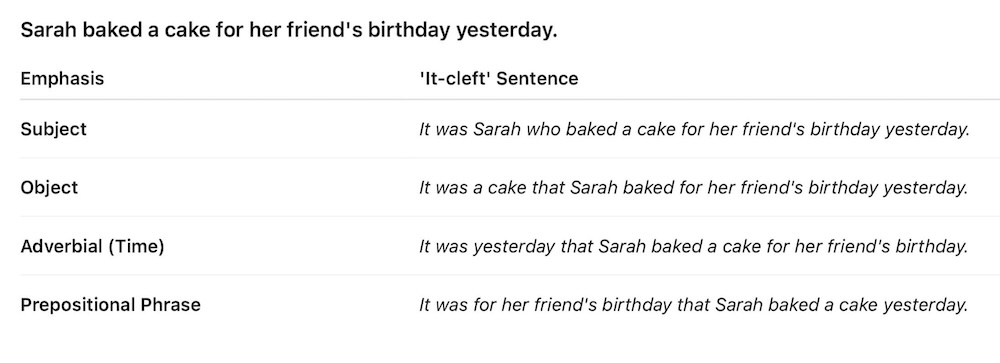Difference Between Accept and Except
Here we exam the difference between accept and except
Accept
Accept is a verb that means to receive or agree to take something that is offered or given.
Examples of Accept
- She accepted the job offer.
- We accept credit card payments.
- I accepted his apology.
- The school accepted her application.
- He accepted the gift with gratitude.
Except
Except is a preposition that means excluding or with the exclusion of.
Examples of Except
- Everyone was invited to the party except John (i.e. John wasn't invited).
- All the students passed the exam except for Tom.
- I like all fruits except bananas.
- Except for Sundays, we're open every day.
- I like all colours except red.
New! Comments
Any questions or comments about the grammar discussed on this page?
Post your comment here.




